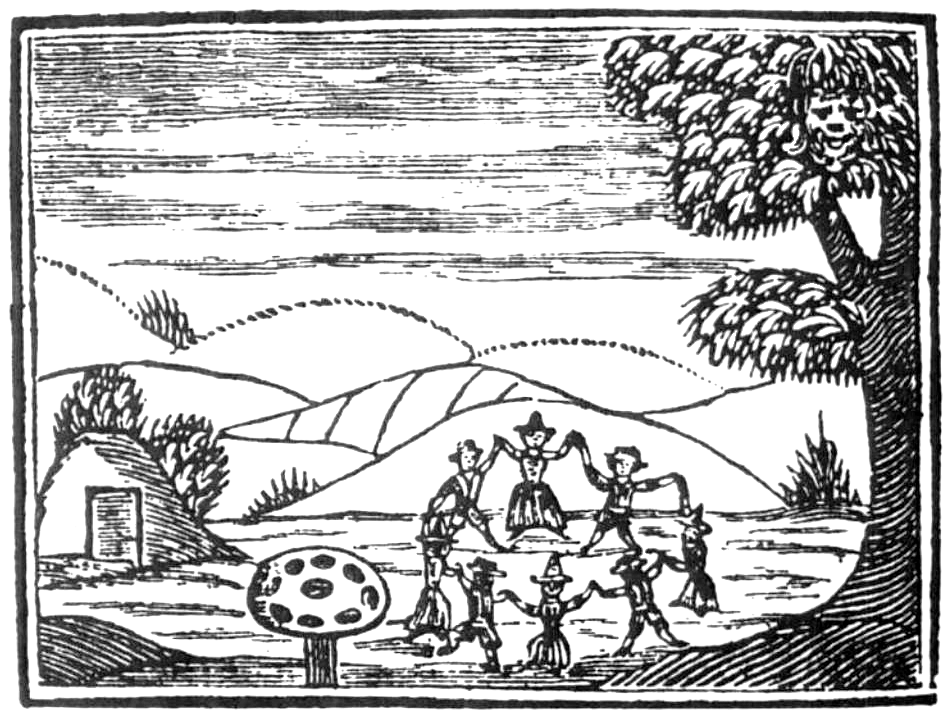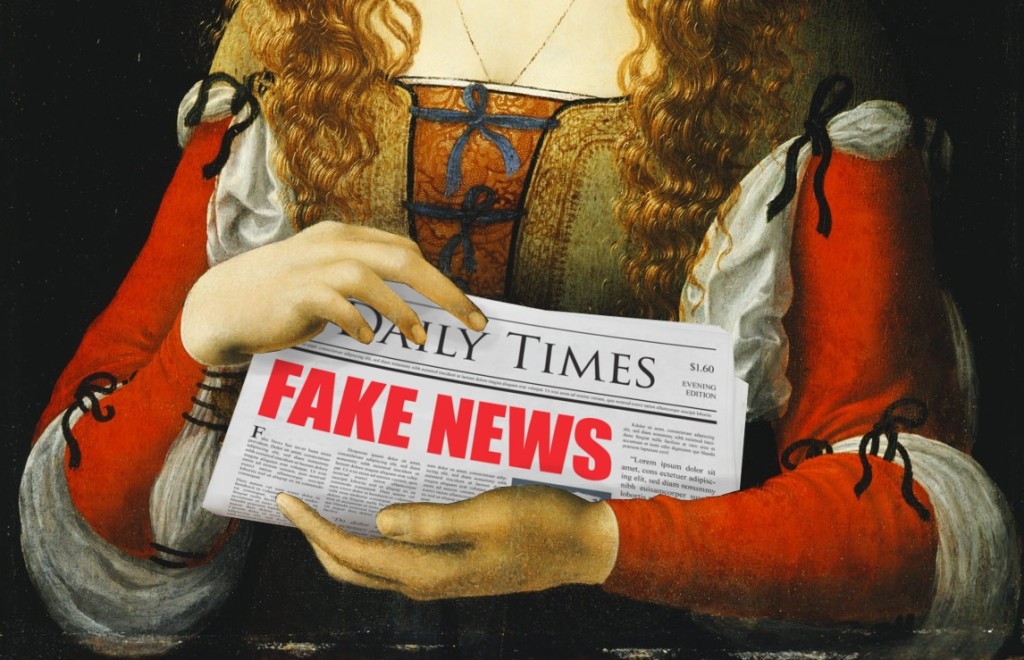
Czechia More Resilient Than Ever: New Parliamentary Committee on Hybrid Threats
BY
Adela Kleckova / July 28, 2020
The Czech parliament has approved the establishment of the Permanent Parliamentary Committee on hybrid threats. This expert platform will be dedicated to monitoring influence operations and issuing recommendations to Parliament.









